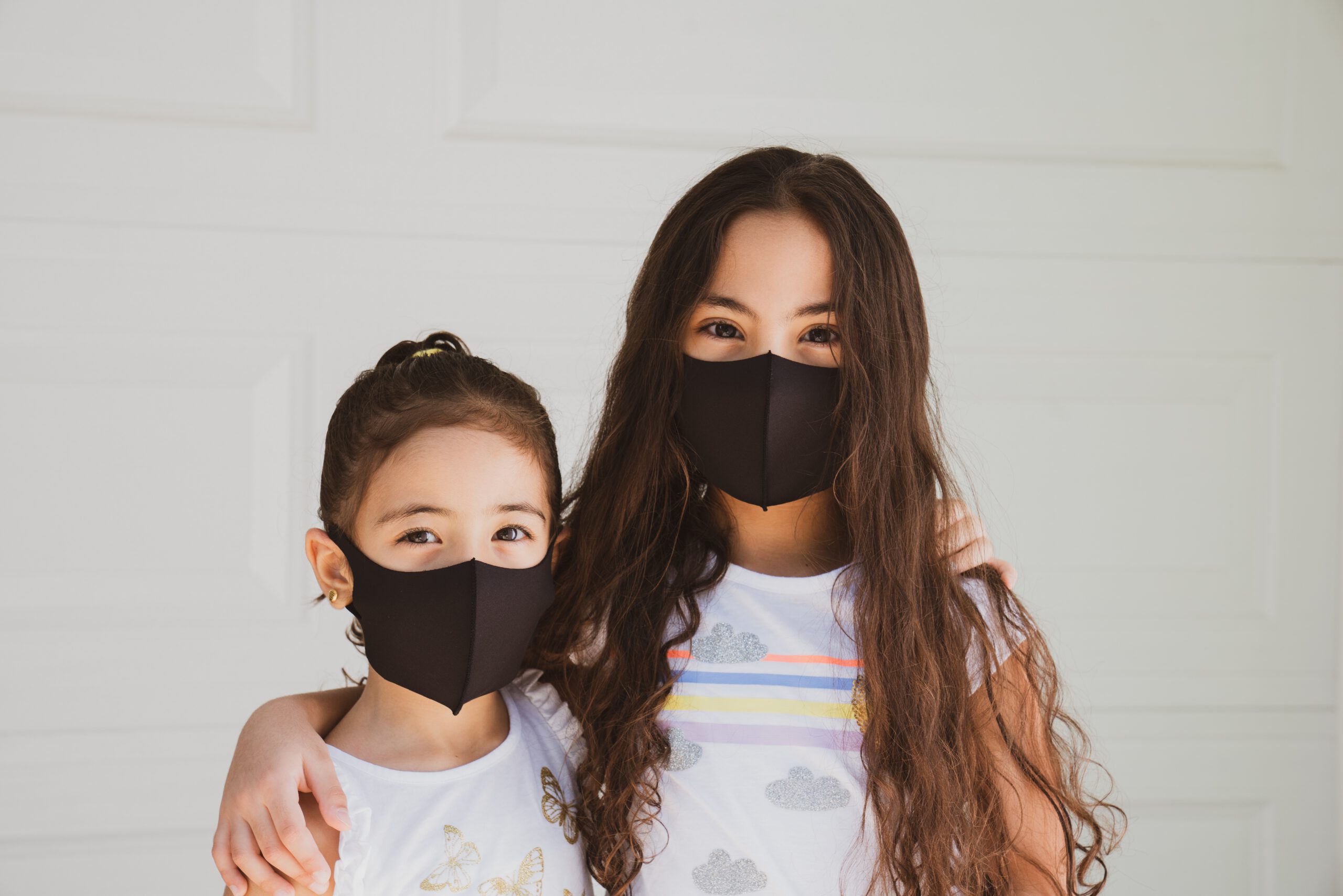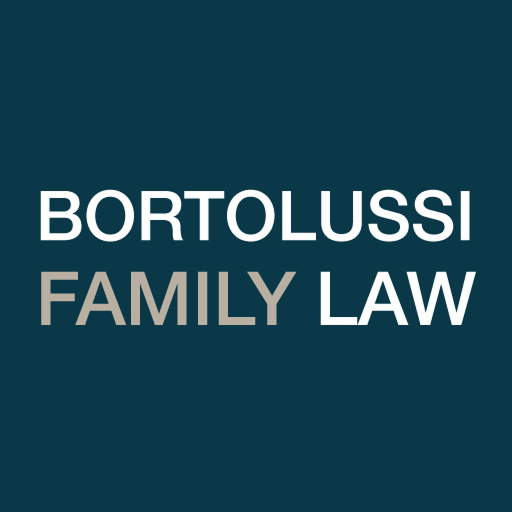Divorce During COVID-19: Back to School

When parents are divorced, who gets to decide if their children attend school in-person or remotely during the COVID-19 pandemic? The case law dealing with school issues during COVID-19 continues to evolve, and the answer to this question depends on whether you have sole custody or joint custody.
If one parent was given sole custody or sole decision making in the divorce, the parent with sole custody gets to decide whether remote learning or in-person school is best for their children. The courts have found that the custodial parent’s decision should not be interfered with absent compelling evidence that the decision is not in the child’s best interests.
Where parents have joint custody and they do not agree on the best schooling option, the courts have favoured in-person learning, unless there is evidence that there is an unacceptable risk of harm to the child or children in question if exposed to COVID-19.
In the recent decision of Phelps v. Childs, 2020 ONSC 5901, the court repeated that judges will defer to public health guidelines outlined by the government. This is because government authorities, with the benefit of advice from medical experts, are in a better position to assess the potential risks and take necessary measures to limit the spread of the virus. Since the Ontario government decided that schools would reopen for in-person learning in September 2020, judges have found that there is no need for them to question this decision. That is, unless there is evidence that in-person learning is not appropriate for the specific child or children in question. For example, where the child or someone in their household has underlying health issues.
As an aside, the judge in Phelps v. Childs reminds us that healthy communication and cooperation between divorced parents is the best gift they can give their children. Custody and access cases are not ‘won’ or ‘lost’ by the parents. These issues are not about parental rights or being fair to parents. The process should be fair, but the results ought to focus on the best interests of the children. Where possible, divorced parents are encouraged to resolve these issues by alternative dispute resolution and to try to come to a joint decision, before bringing the issue before the courts.
If you have questions, call Natalie Taccone at 416-987-3300 or email her at ntaccone@bortolussifamilylaw.com.
